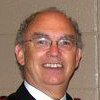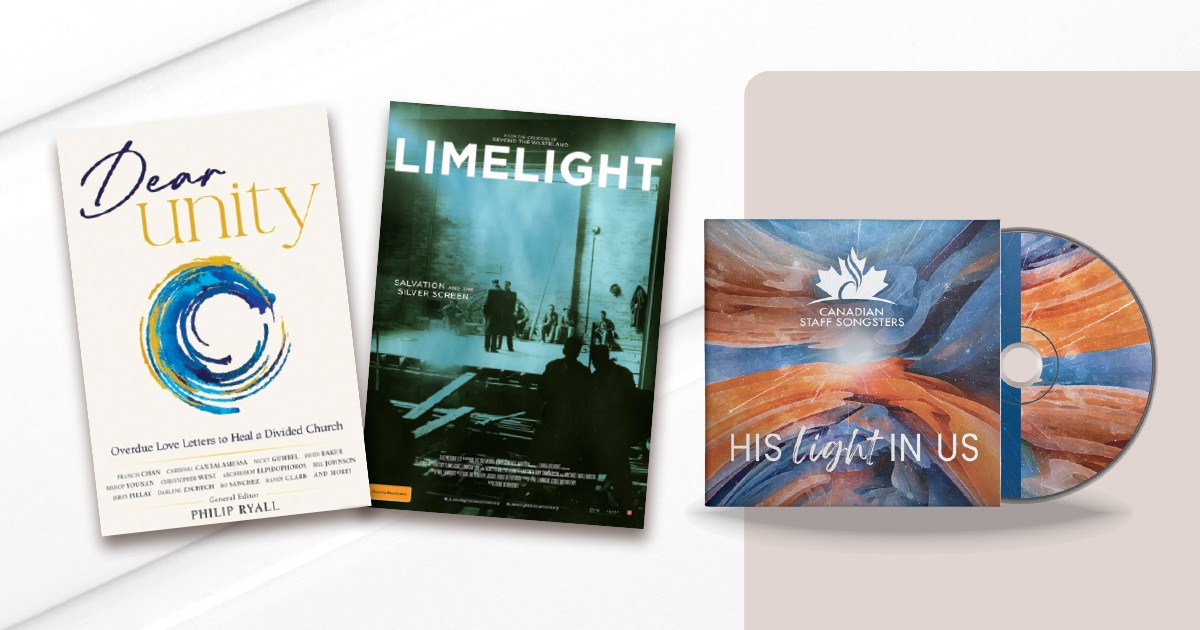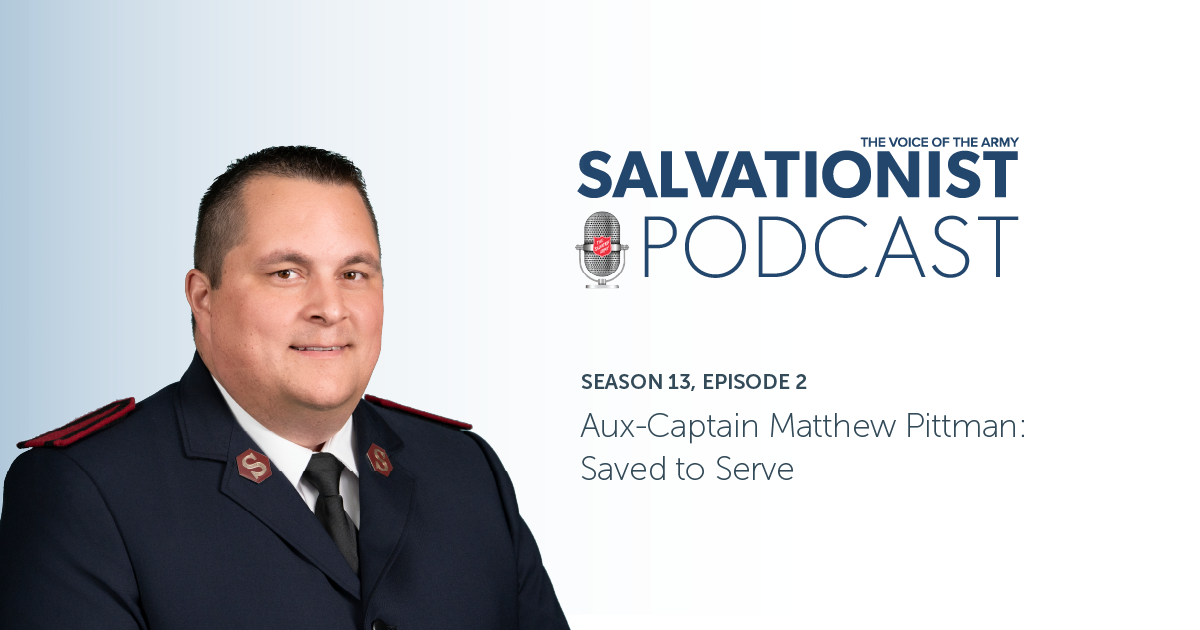 I sat in a restaurant with two Christian friends. Each of us belonged to a different church, a different denomination. As school board trustees we respected one another's opinions and views. We did not have to agree on everything to enjoy good company and genuine fellowship.
I sat in a restaurant with two Christian friends. Each of us belonged to a different church, a different denomination. As school board trustees we respected one another's opinions and views. We did not have to agree on everything to enjoy good company and genuine fellowship.
When the waitress asked us if we wanted drinks, my reverend Anglican friend said, “White wine.” My doctored United Church colleague said, “Red wine.” They both looked at me as I paused and said rather dryly, “Black Coke.”
The table erupted with laughter. Even the waitress joined in, even though I'm not sure that she understood the full impact of my statement. But my two colleagues certainly did. They knew I was a Salvation Army officer and they knew the Army's stand on alcohol. As leaders in their own denominations, they not only understood my position, they respected it.
Why then are there among us Salvationists who want to introduce social drinking to the Army? Could it be that they are not as learned as my Anglican and United Church friends? Could it be that they have less respect and appreciation for the Army's stand than do members of other denominations?
It has been proposed, even by some Salvationists, that the words “I will abstain from alcoholic drink” be removed from the Soldier's Covenant. After all, they say, you can still be a good Christian and take a social drink. They sarcastically argue that if Jesus were here even he would not qualify to be a Salvationist because he was known on occasion to drink wine. Perhaps people who argue this way have a carnal fascination for the forbidden. Perhaps they are just plain ignorant.
Since the opposite of ignorance is knowledge, let us remind ourselves that alcohol is a drug.
It can affect every organ in the human body—brain, liver, stomach and heart. Behaviour that occurs “under the influence” of alcohol can also lead to serious threats to life and health. Although not an illegal substance, it carries all the risks of addiction and illness that street drugs do.
With all due respect to C.S. Lewis and other imbibing Christians, I believe that because alcohol is such a powerful drug, abstinence is more prudent than indulgence.
Secondly, removing the words “alcoholic drink” from the Soldier's Covenant would force us to remove a whole lot more as well. If I cannot say “I will abstain from alcoholic drink,” neither can I say “I will abstain from the non-medical use of addictive drugs” because alcohol, by definition, is a drug. Similarly, neither can I say “I will abstain from all else that could enslave the body or spirit” because alcohol is an addictive substance that enslaves tens of thousands daily.
But most important is the fact that if I cannot promise “I will abstain from alcoholic drink,” neither can I promise “I will be faithful to the purposes for which God raised up The Salvation Army.” William Booth found his calling outside the Blind Beggar, a tavern in the infamous East End of London, England. The special task that God gave the Army was to minister to the victims of alcohol who, because of their dependency, were reduced to poverty, bringing their spouses and children down with them. As Salvationists, part of our calling is to stand in solidarity with those who are addicted to alcohol. And the only way to do this is through abstinence.
As to whether Jesus would qualify to be a Salvationist, I would point out that the only instance of Jesus “drinking” is at the Passover Feast, which we call the Last Supper. And that one cup was shared among 13 men—hardly a social drink. He'd definitely qualify. Besides, since God raised up the Army, I think his Son would be proud to march in our ranks.
Soda, anyone?
 Major Fred Ash is the corps officer at Burlington Community Church, Ont.
Major Fred Ash is the corps officer at Burlington Community Church, Ont.









Was it a caffeine free coke zero? Is not caffeine a drug also. I am lead to believe you will offer up a cup of coffee to someone, but look down if they have a "drink".